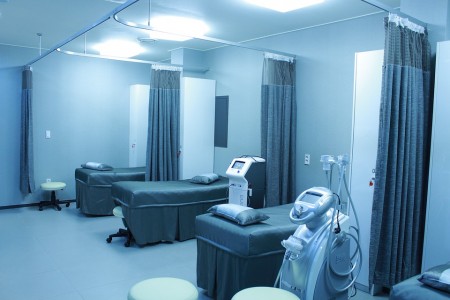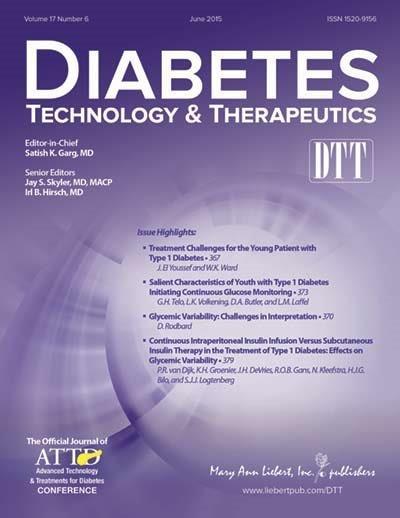BOSTON � Contrary to the long-held belief that surgery poses a significant danger to patients with diabetes mellitus, a 10-year study of more than 6,500 patients from Beth Israel Deaconess Medical Center (BIDMC) has shown a mortality rate of only 1 percent among diabetes patients undergoing major vascular operations.
The findings, published in the April issue of the Archives of Surgery and presented last September at the New England Surgical Society meeting, represent the largest study of this type to conclude that patients with diabetes should be offered the same surgical options as patients without diabetes.
�These results show mortality rates that are dramatically lower than the national average in patients both with and without diabetes,� according to lead author Allen D. Hamdan, M.D., of BIDMC�s Department of Vascular Surgery, explaining that mortality rates of between 4 and 6 percent would typically be expected. �This study is exciting both for the low overall mortality rate that was shown, as well as for the fact that diabetes mellitus was not found to be an independent predictor of morbidity or mortality during hospitalization for surgery,� says Hamdan.
Patients with diabetes mellitus are at an increased risk for vascular diseases in all the body�s arteries, including the legs and lower extremities. This can often lead to ulceration and, potentially, amputation.
�These study results are especially good news for diabetes patients who might otherwise have to undergo amputation,� explains Frank W. LoGerfo, M.D., Chief of Vascular Surgery at BIDMC. �The findings suggest that these patients would be at low risk for complications in lower extremity revascularization surgery, which is performed to restore circulation to the foot and prevent amputation.�
Continue Reading Below ↓↓↓
Using a comprehensive computerized registry created by LoGerfo and BIDMC vascular surgeons and co-authors Frank B. Pomposelli, Jr., M.D., and David R. Campbell, M.D., the study reviewed the cases of more than 6,500 major vascular procedures over a 10-year period between January 1990 and May 31, 2000. The registry database, which remains in existence, thoroughly documents the surgical outcomes of every patient undergoing vascular surgeries � carotid endarterectomy, aortic reconstruction including treatment of aneurysms, and lower extremity revascularization � at BIDMC. The database also carefully chronicles patient demographics and pre-operative risk factors.
The authors used logistic regression analysis � a statistical method that looks for independent risk factors that might predict an increase in morbidity and mortality during hospitalization for surgery � to evaluate the risks posed by hypertension, coronary artery disease, renal failure and smoking, in addition to diabetes.
Their results showed that diabetes alone did not pose an added risk for patients, a finding in contrast to previous studies. A significant proportion of patients requiring vascular procedures have diabetes, which afflicts an estimated 16 million individuals in the United States, and accounts for health expenditures of $110 billion annually.
�These findings offer patients with diabetes an important option when it comes to their health care,� Hamdan notes, attributing the study�s positive outcomes to a coordinated approach to patient care among BIDMC vascular surgeons, cardiologists, anesthesiologists, specialized vascular nurses and endocrinology experts from Joslin Diabetes Center. �These results demonstrate that there is no reason to expect anything but excellent results for a number of major vascular procedures in patients with diabetes.�
Study co-authors include current and former BIDMC vascular surgeons Stephanie S. Saltzberg, M.D., Malachi Sheahan, M.D., James Froelich, M.D. and Cameron M. Akbari, M.D.
Source: Beth Israel Deaconess Medical Center










